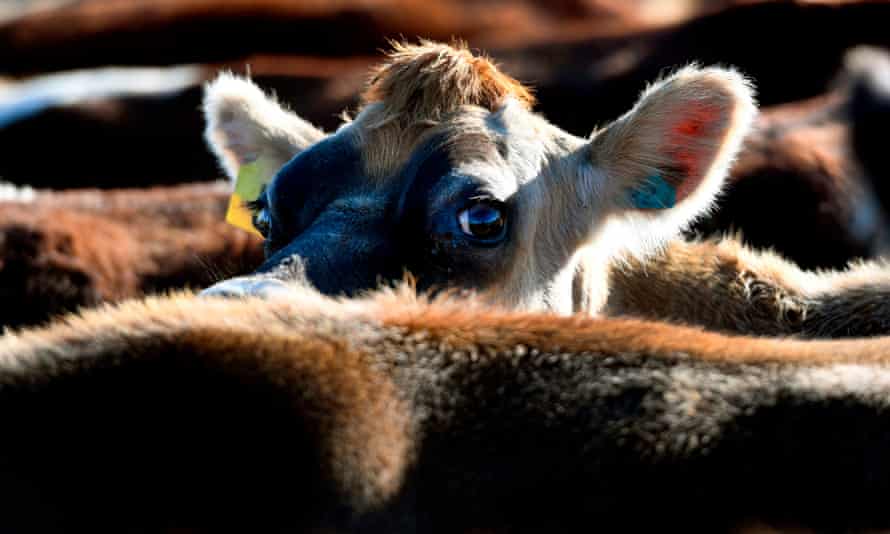Our country has already set examples on issues like women’s suffrage and anti-nuclear policy. It can do the same again

Excerpt:
… Our broken economic model is the biggest impediment to change. As a nation, we have become reliant on animal agriculture – but there is no getting around the fact that animal farming is exploitative. It is also detrimental to the natural environment: it is a leading cause of pollution to our land and waterways, and the largest contributor to our greenhouse gas emissions. Diversifying the country’s economy may seem costly, but animal farming already costs far too much, in animal suffering and environmental devastation.
The conservation movement, too, is complicit in animal abuse. In recent years, it has been usurpehttps://www.theguardian.com/world/commentisfree/2021/may/04/new-zealand-treats-animals-inhumanely-but-it-could-become-a-world-leader-in-their-welfaretd by “Predator Free 2050”, a programme which aims to eradicate possums, stoats, and rats by the middle of this century. Advocates for the programme insist that they care about animals – namely, our native species – but they also actively demonise introduced species, and this results in the use of methods that cause intense suffering. (It has, for example, led New Zealand to become the world’s biggest user of sodium fluoroacetate, or 1080 poison. 1080 inflicts so much pain on its victims the SPCA wants it banned.)
There are reasons why New Zealanders are willing to vilify other animals: it shifts the blame for environmental destruction from us to them, and it excuses us from committing to more challenging actions, like changing what we consume, divesting from animal agriculture, reinvigorating traditional M?ori gardening practices, returning land to native forests, and creating wildlife sanctuaries using non-violent methods (like trap-and-release)…
Philip McKibbin is a writer from Aotearoa New Zealand of P?keh? (New Zealand European) and M?ori (Ng?i Tahu) descent
*Original article online at https://www.theguardian.com/world/commentisfree/2021/may/04/new-zealand-treats-animals-inhumanely-but-it-could-become-a-world-leader-in-their-welfare
